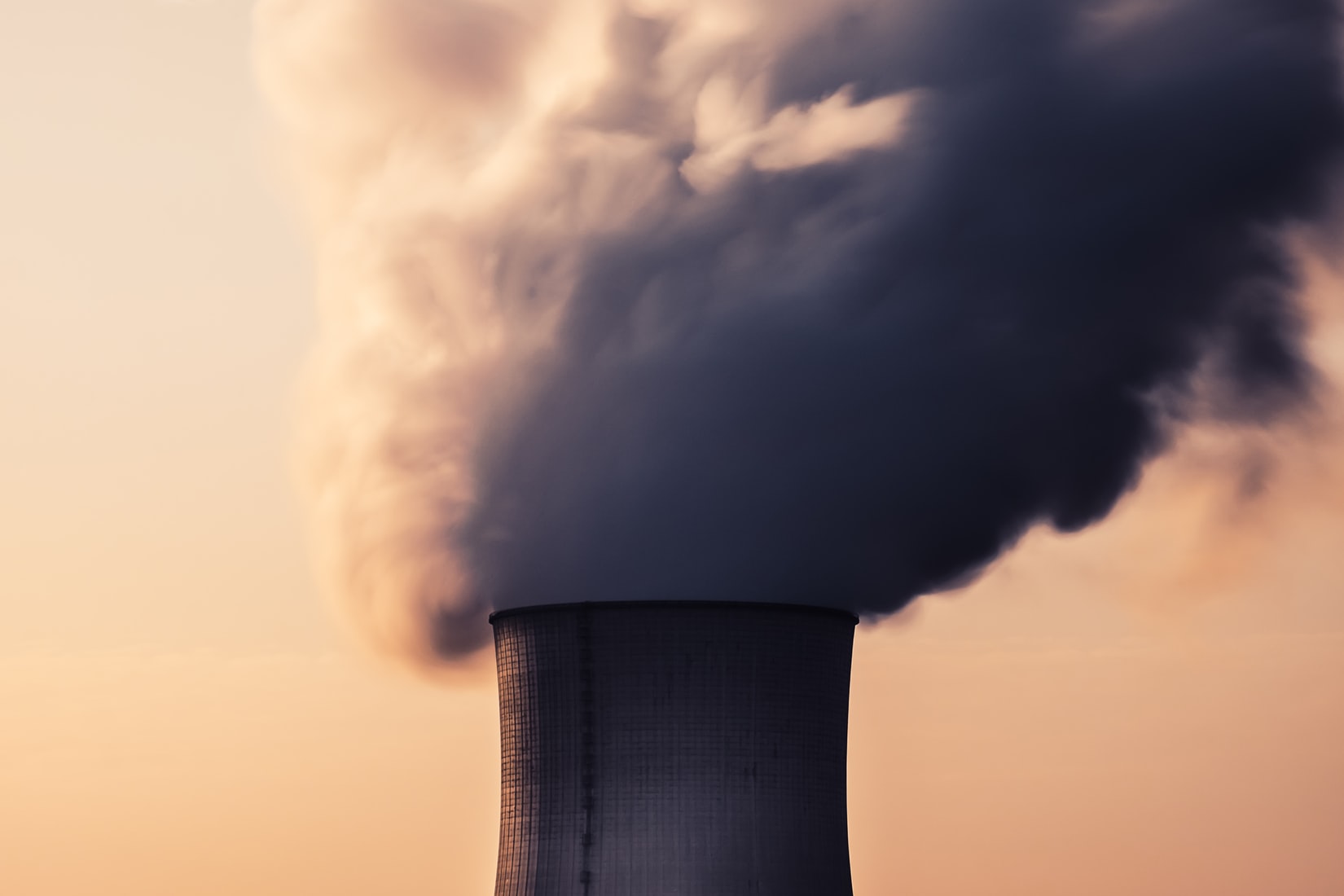Nuclear power and the public interest
The role of nuclear power is a continuing discussion politically, socially and economically across the world.
The role of nuclear power is a continuing discussion politically, socially and economically across the world.

The role of nuclear power is a continuing discussion politically, socially and economically across the world. Recently the president of the Australian Nuclear Association said that nuclear power was possible within 10 to 15 years if legal bans could be lifted at the state and federal level.
The question has been raised as to whether Australia has the public leadership to move ahead with a rational debate on the issue.
UNSW Canberra Professor Tom Frame said that are few areas in Australia’s national affairs that have suffered more from a lack of clear and consistent leadership than deliberations over the possible provision of nuclear power.
At a recent summit on nuclear energy, Professor Frame laid out a two-stage process for a constructive discussion of whether Australia might consider nuclear power, including the acquisition of nuclear-powered submarines in the medium future.
“The topic of nuclear energy is a highly divisive issue within the community that can elicit emotional responses with unpredictable electoral consequences. Those who support nuclear power are countered by those who oppose every aspect of the nuclear industry,” Professor Frame said.
“It is the question of whether this support and opposition can be mobilised to affect voting behaviour that leaves governments wary of raising the subject for public comment.”
In his address and accompanying essay, Professor Frame states that there are five factors that could complicate the application of a public interest consideration of the issues associated with nuclear power: a short-term electoral cycle; a fractured political system; conflicted Commonwealth-State relations; a partisan media; and, a self-interested electorate.
As the debate that surrounds nuclear power is a complex issue, a two-stage process would assist a public interest consideration of the energy alternative. Recent Roy Morgan Research that found 51 per cent of people support nuclear if they are told it will reduce emissions of carbon dioxide.
According to Professor Frame, the first stage in the process is identifying the relevant considerations that bear upon the public interest and determining, based on those considerations, whether the public’s interests are advanced by nuclear power.
“The second is contingent on the first. If a public interest case can be made for nuclear power, the majority need to be convinced that nuclear power serves their best interests, and that consensus is needed to support the immediate costs incurred to pursue long-term benefits,” he said.
“If the case for nuclear power cannot survive a rigorous public interest examination, the matter is settled. But if a case can be made, the government will need to embark on a journey with the Australian people. Their support is contingent on gaining and maintaining their trust.
“Without individuals in the community believing their destiny is better served by working with, rather than against, others the public interest will be little more than an empty political slogan. Leaders are key players and their leadership is decisive.”
Professor Frame’s full essay Nuclear Power and the Public Interest can be accessed here.